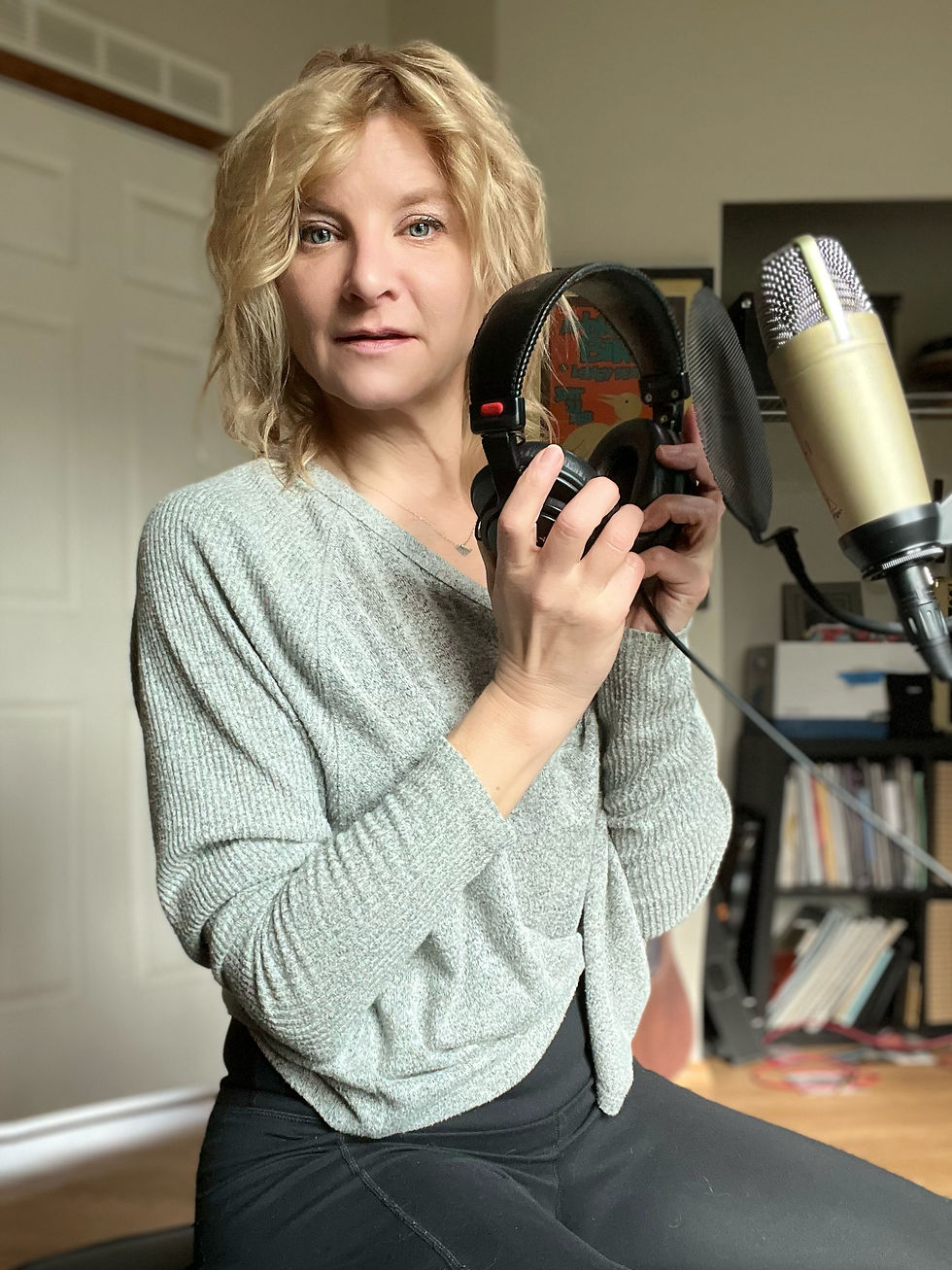A wild idea for a social enterprise to help farmers - Humanitarian Mission to India
- L. Michelle

- Dec 18, 2017
- 3 min read
October 16, 2017 - How did I get here?
For starters, all of this is totally new to me. I place the blame for this far-flung endeavor squarely on Forrest Inslee and my professors at Northwest University. You see, last May I finished up a Master's Degree Program at NU in International Community Development. I wrote a thesis I was damn proud of and that I believed to carry within the solution to fix what I could now see as a broken foreign aid and charity program. The choice was to go within the system and try to advocate for change or just "go be the change." That change focuses on social enterprise and entrepreneurship toward economic development and empowerment. I am certainly not alone, nor at the forefront of this movement, but I am somewhere in the midst of the second wave of runners off the starting line. I also blame the amazing Donna Rosa, International Business Services consultant whom I interviewed for my thesis who introduced me to the concept of "Aidpreneurship" and Entrepreneurs of necessity. She has since been an ally and was the first person I called to bounce the idea for this project.
I hold in my mind an image of a farmer with a phone in her hand accessing information that is making a difference in her ability to produce better yields for her crops and compete in the marketplace. I see her kids going to school because the family has enough money to send them. And because she has a way to barter or rent labor, that these kids did not have to spend so much time tending the farm. Perhaps she'll even be able to coordinate with other rural farmers to rent equipment or pool resources—even marketing—through an app. Nothing against Candy Crush, but geez, why not make apps to help a few of these folks out with their livelihoods? It may only have an effect on a few people at first, but their lives matter and so it needs to be done.
December 27, 2017 - Research Trip in the Works
A great deal of headway has been made in the past three months. I was fortunate to make a connection with a husband and wife team in India who will be traveling with my colleague, Tiffany Davis, in February to conduct the research. The two of us are recent graduates of Northwest University’s Master of International Community Development program and are eager to put our newly acquired skills to the test. I have been brushing up on Action Research models. While Action Research is often associated with teacher-student interactions in school settings, a number of important principles are applicable to our research in Siliguri. According to Ernest Stringer, who literally wrote the book “Action Research,” the researcher takes on the role of facilitator or consultant who acts as a catalyst to assist participants in defining their problems clearly and support them as they work toward effective solutions. For me, this also means that it is imperative to set aside my own assumptions about what those “problems” are. I have a guess, but for this project to be useful, I need the perspective of the farmers. In Action Research, we look by gathering information and describing what is happening; think by analyzing and theorizing why things are happening the way they are, and act by creating solutions.
The next couple of weeks will be busy with finalizing the details of the journey and all the necessary plane and train trips – as well as preparing to conduct the research. Already an additional component has been added with a side trip to visit a successful social enterprise/business incubator in the red light district of Kolkata that is employing women as an alternative to a life of prostitution. It’s all about empowerment and finding solutions.


Comments